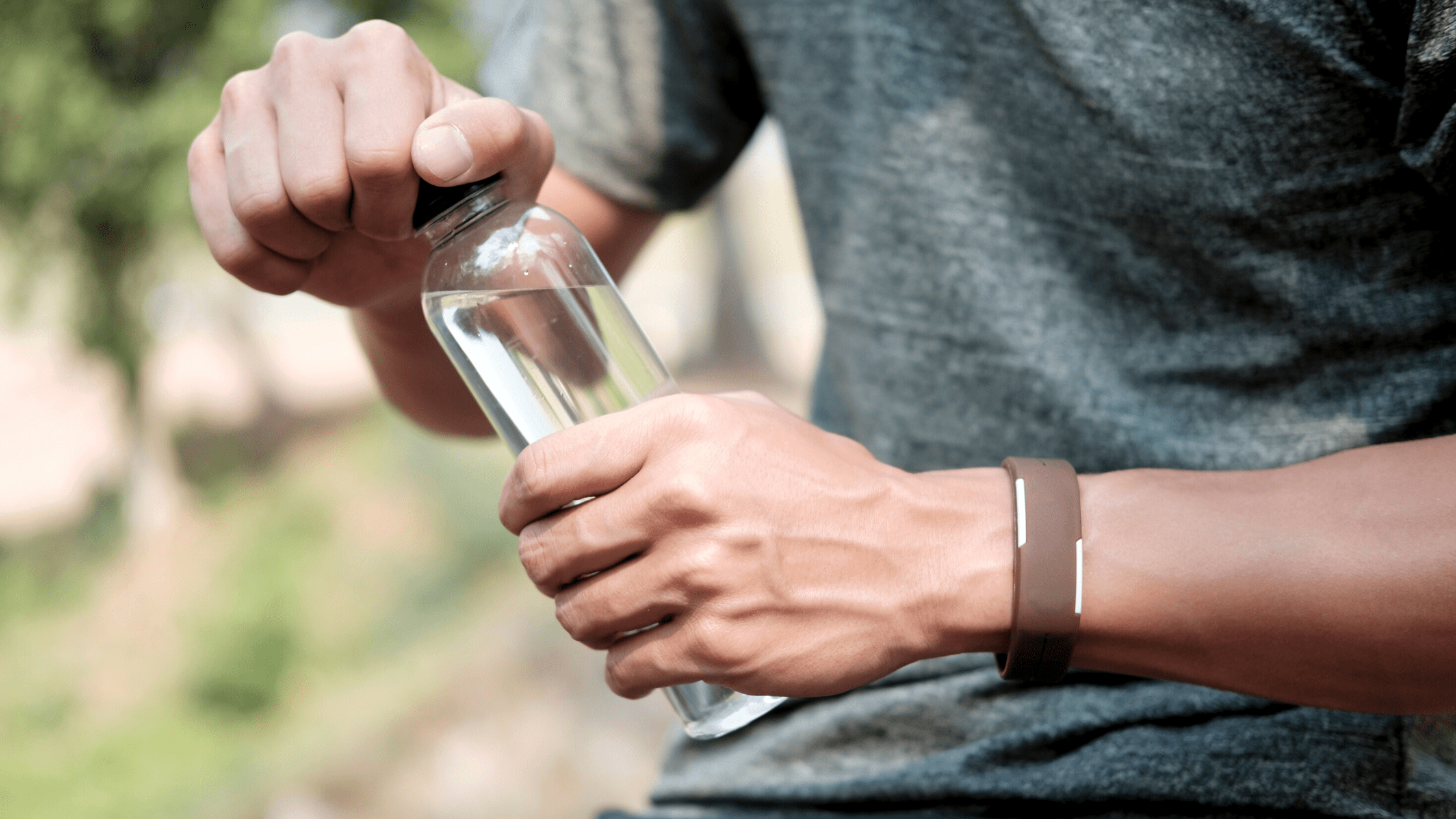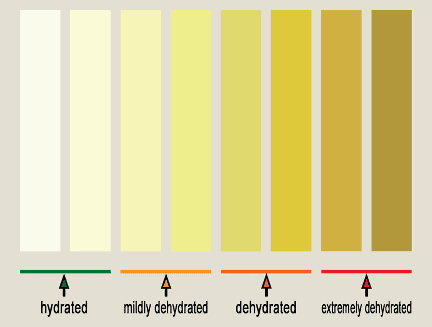Why You Should Include Hydration in Your Nutrition Plan

When people think of a well-balanced diet, they typically focus on the food they consume. But good hydration is one of the most important aspects of your diet. Drinking enough liquid to keep the fluid levels of your body in the optimum range help ensure all bodily functions operate smoothly.
Why do we need fluids?
More than half of your body is composed of water. Without water your circulatory system cannot carry essential glucose, oxygen, and nutrients to cells and your kidneys struggle to rid the body of waste. Staying hydrated also makes it possible for your body to perform a variety of essential functions, such as:
- Regulating your body temperature through sweat.
- Lubricating and cushioning your joints and eyes.
- Protecting your spinal cord, brain, and other sensitive tissues.
- Getting rid of waste through urination, perspiration, and bowel movements.
Fluid is so essential that when the levels in your body drop – even slightly – you start to feel the consequences. Low levels of fluid and dehydration can cause your body to overheat, disrupt your ability to think clearly, and lead to constipation or kidney stones.
How do you know if you are dehydrated?
Simply waiting to feel thirsty is not a good way to gauge when to reach for a glass of water. By the time you feel the sensation of thirst, you are already dehydrated. The best indication of good hydration is the color of your urine, but there are many signs of dehydration to watch out for:
- Headache, delirium, confusion
- Tiredness (fatigue)
- Dizziness, weakness, light-headedness
- Dry mouth and/or a dry cough
- High heart rate but low blood pressure
- Loss of appetite
- Flushed (red) skin
- Swollen feet
- Muscle cramps
- Heat intolerance, or chills
- Constipation
- Dark-colored pee (urine)
Often, before you start to feel these effects, you will notice a change in urine color. Use the chart below chart to check for good hydration, so you can avoid these symptoms.

How much water do I need for good hydration?
There is no hard and fast rule for how much plain water you should drink daily. For your total fluid intake, however, we recommend that you aim for half of your body weight in fluid ounces as the minimum. Remember, your body is made up of more than 50% water, so you should try to at least replace that volume in fresh fluids every day.
Your daily fluid intake includes plain drinking water, the amount of water you consume from foods, and fluids from other beverages. Water from the tap is a great choice because it has no calories and is readily available. You can also get a surprising amount of fluid from foods, especially those with high water content, such as fruits and vegetables. Other drinks count toward your fluid intake as well, including milk, fruit juice, tea, coffee, and soft drinks – all of which are more than 85% water.
It’s important to remember that there are times when you need to increase your water intake to avoid dehydration. Make sure to add more fluids when you are:
- In hot climates
- More physically active
- Running a fever
- Experiencing diarrhea of vomiting
How do athletes manage their hydration?
Hydration plays an important role in performance, injury prevention, and recovery for athletes engaged in competitive sports. When you aren’t properly hydrated, you can experience:
- General decline in performance
- Cramps and headaches
- Sluggish thoughts and movements
- Increase in core temperature
- Slower recovery after workouts
So, getting enough water is critical. But tap water alone isn’t enough for elite athletes. It’s important to both rehydrate and refuel as your body sweats. When you sweat, you aren’t just losing water content. Each droplet of sweat is made up of electrolytes, including sodium, chloride, potassium, magnesium, and calcium.
Sweating drains your body of these essential electrolytes, which help your brain, heart, digestive system, and muscles send and receive electrical signals. Losing sodium and chloride can reduce power, strength, agility, skill, and concentration. Plus, a reduction in calcium, magnesium, and phosphate can hinder muscle repair post-workout.
If you want to take your performance to the next level, you need to make sure to drink plenty of water and eat foods that replenish your electrolytes.
Electrolytes Found in Food
Sodium: Salted nuts, pretzels, crackers.
Potassium: Bananas, oranges, beets, sweet potatoes
Magnesium: Pumpkin seeds, almonds, cashews, edamame
Calcium: Yogurt, milk, dark green, leafy vegetables
You don’t have to be an elite athlete to prioritize performance nutrition. Understanding what your body needs to be properly hydrated and fueled is important to your daily life. If you need help determining the right fuel for your training, get in touch with our team to set up a consultation.

Recent Comments